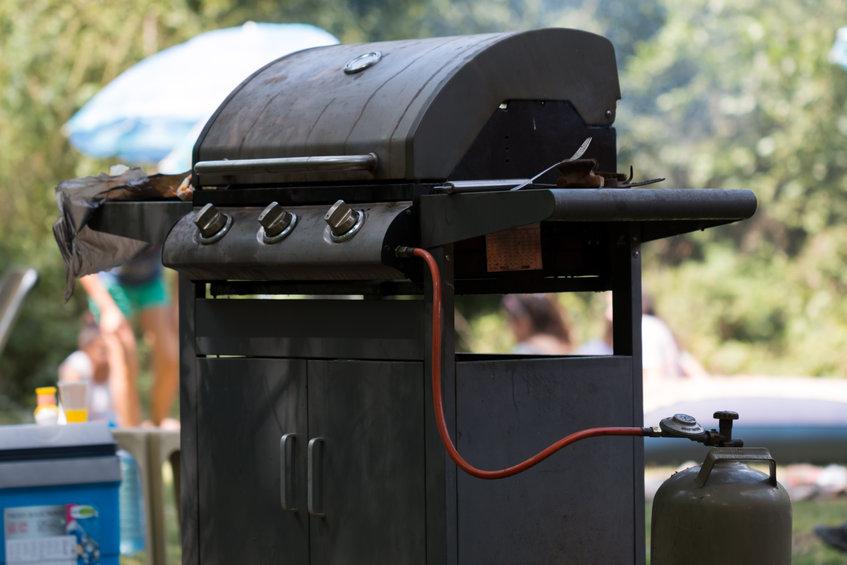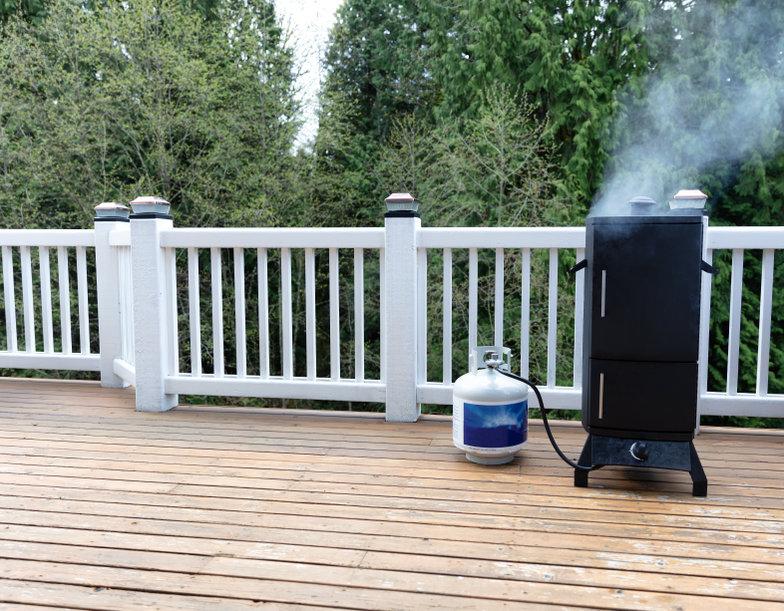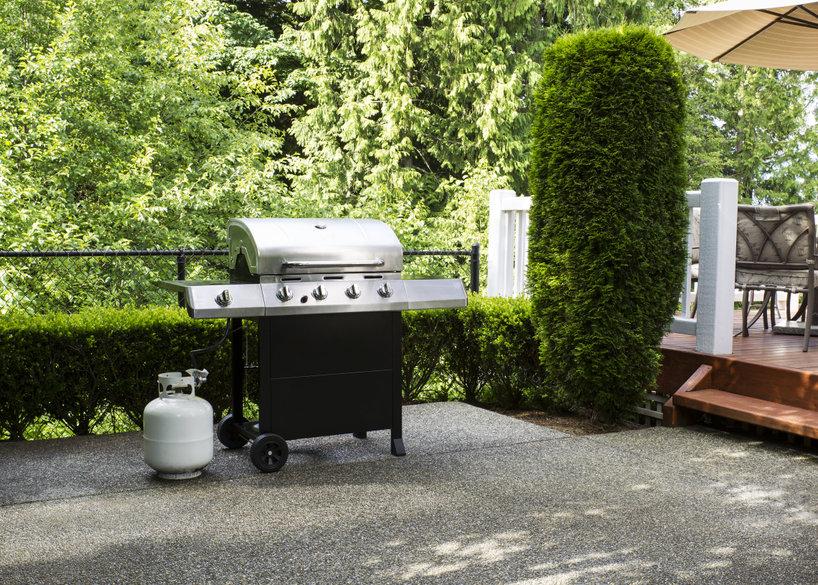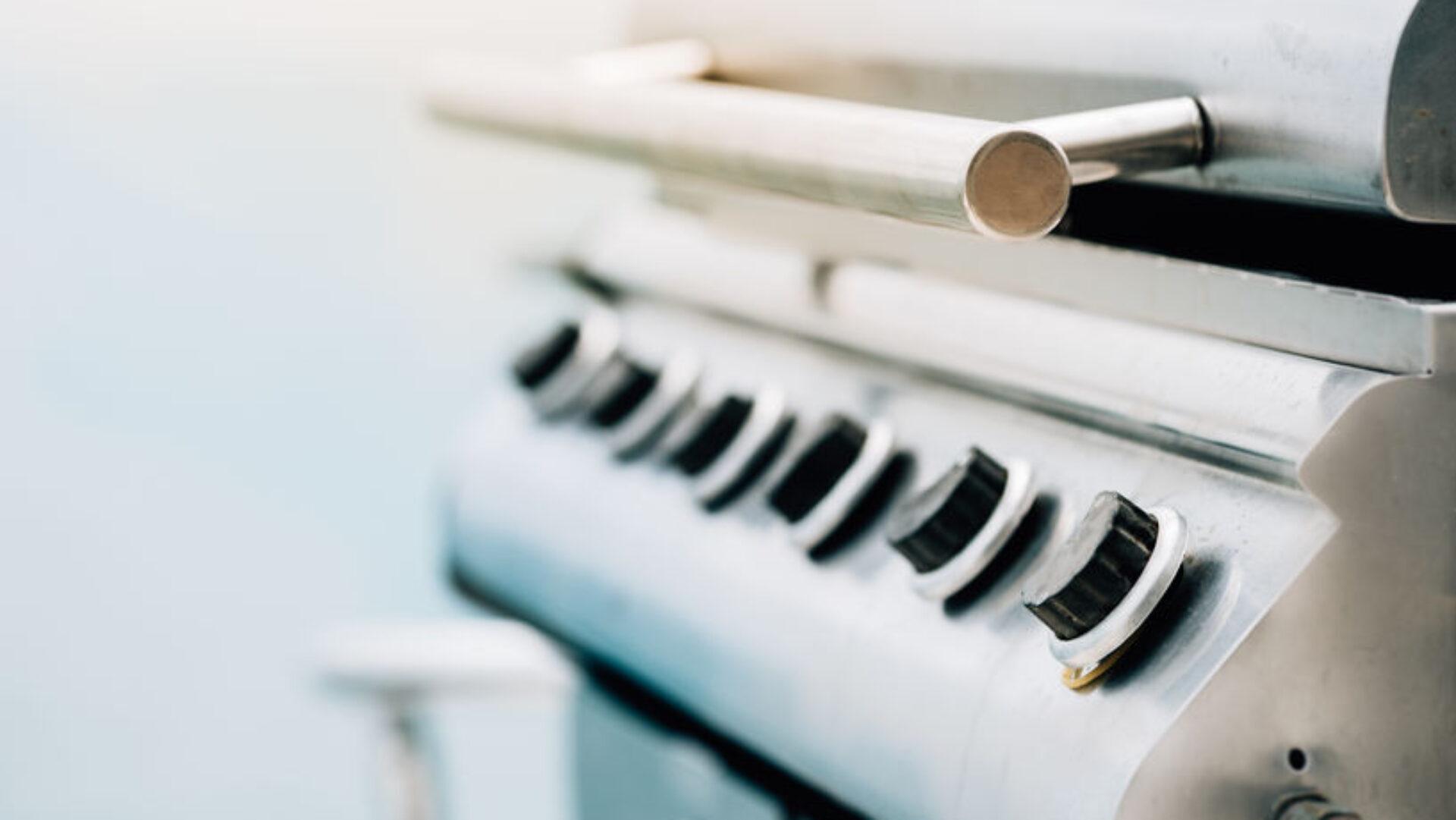This content has been archived. It may no longer be relevant

Propane remains the most widely used fuel for a gas barbecue.
By cooking with propane, gas grills offer many advantages, like easily controlled temperatures, heating very quickly, and the option of cooking at different temperatures.
Highly versatile and easy to use, it is easy to see why propane gas grills remain such a popular choice for barbecuing.
However, propane barbecues are not free from their disadvantages.
There are some downsides to using this type of fuel, so it helps to know what these are if you are unsure what type of barbecue you want to buy.
Let’s take a closer look at some of the main disadvantages of propane for a barbecue.
It Is the Most Expensive Fuel Source

Propane is sold in individual gas canisters that can be easily filled by a propane supplier.
While this does offer convenience, mostly in terms of portability, it does also result in much higher running costs.
Propane remains the most expensive fuel source for a barbecue.
For example, charcoal costs significantly less than propane and should last much longer.
A tank of propane may last a few months depending on how often you use it, so users typically have higher running costs compared to a charcoal grill.
Moreover, it’s costlier than other gas fuels.
For instance, natural gas is cheaper to buy than propane gas, causing many grillers to switch to this more affordable fuel source.
So, expect higher running costs on average when using a propane grill!
A Different Taste
Propane gas is convenient to cook with, letting you easily adjust temperatures and cook at variable temperatures at the same time.
Gas grills heat much quicker than charcoal, so you don’t need to wait around for it to heat up.
However, the flame produced by a propane grill is not quite the same as those produced by charcoal.
This is because charcoals burn at much higher heat, especially when fat drips on the coals, causing more steam and heat to release.
This combination of hot flames, smoke, and steam help to create a dense smoky flavor that greatly impacts the taste of the meat.
It’s that iconic barbeque taste that is hard to replicate – even when using propane.
Simply put, propane does not produce that rich chargrilled flavor on a barbeque.
It’s a unique taste that is hard to replicate, with many preferring the authentic taste of a charcoal barbecue.
Impact on the Environment
While certainly not the worse gas for the environment, there are eco-friendly alternatives to propane gas in barbecues.
For example, natural gas burns cleaner than propane, producing fewer emissions.
So, if you want to do your part in reducing carbon emissions into the atmosphere, propane gas is putting you at a disadvantage!
Not Always Convenient

Propane gas canisters are portable, offering a certain level of convenience.
However, they also need to be refilled frequently from a specialist seller, so are not always convenient for everyone.
For example, if you run out of propane you will need to take your empty canister back to a propane seller to have it refilled.
There may not be a propane retailer nearby your location when run out either.
Conversely, other fuel sources like charcoal and natural gas are more readily available.
Charcoals are sold at most supermarkets, while natural gas is fitted directly to your barbecue, meaning you never need to travel to refuel it!

